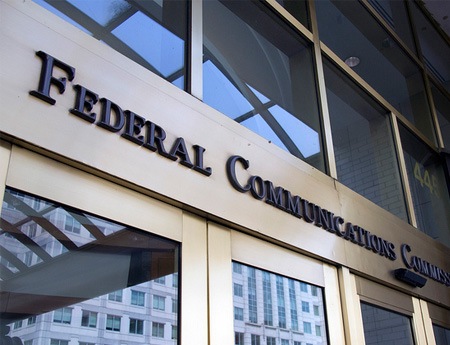FCC Draws No Conclusions About Wireless Competition

The smarter way to stay on top of broadcasting and cable industry. Sign up below
You are now subscribed
Your newsletter sign-up was successful
The FCC released its 18th report to Congress on competition in the wireless industry
(http://transition.fcc.gov/Daily_Releases/Daily_Business/2015/db1223/DA-1...), and like recent reports comes to no conclusion about whether or not it is competitive.
That did not sit well with mobile broadband players, but the commission's Wireless Bureau, which released the report, suggested that handicapping competiveness could lead to an overly simplistic conclusion.
"Given the complexity of the various interrelated segments and services within the mobile wireless ecosystem, any single conclusion regarding the effectiveness of competition would be incomplete and possibly misleading in light of the complexities we observe," the bureau said.
The report looked at "market concentration, the conduct and rivalry of service providers, and competition in other segments of the mobile wireless ecosystem, including spectrum, backhaul, and handsets/devices, as well as consumer behavior," but again drew no conclusions about what all those indicated about competition.
The bureau did emphasize the need for more spectrum, including from the broadcast incentive auction and spreading low-band spectrum around to boost that competition. While theoretically the broadcast spectrum will go to the highest bidder whatever use they want to put it to, but the bureau says confidently that it "will be used for the provision of mobile wireless service, with flexible use service rules."
Mobile Future, whose members include AT&T, Verizon, and Qualcomm, was disappointed that the FCC did not see the competitive market they suggest is right in front of it.
The smarter way to stay on top of broadcasting and cable industry. Sign up below
"Once again, the FCC's competition report has been inspired more by the remembrance of things past, rather than the real-world record," the group said. THe FCC, under Republican chairman Kevin Martin, concluded in the 2007 and 2008 reports that the marketplace was competitive, but since then the reports have been mum on a competition call either way. "Like something out of Marcel Proust, the more things change in our dynamic mobile marketplace, the more the FCC's analysis stays the same. It’s unfortunate that the FCC chooses not to recognize what millions of American mobile users see every day – our nation's ever-changing wireless sector, fueled by $32 billion in annual investment, and endless choice of services, plans, carriers and devices, is the global gold standard of competition."
Senior Republican Commissioner Ajit Pai was not happy with the report's lack of conclusions.
"[T]his FCC will never find that there is effective competition in the wireless market, regardless of what the facts show. That’s because doing so would undermine the agency’s goal of expanding its authority to manipulate the wireless market—a goal it can’t accomplish if it deems that market healthy," he said in a statement.
The Competitive Carriers Association read the report quite differently.
"The Report affirms an alarming trend of continued consolidation into the hands of the two dominant carriers measured by any metric," it said, "including amount of low-band spectrum, wireless revenues, or connections, to name a few. With the incentive auction just around the corner, this is a critical time for the wireless industry. The FCC must do everything possible to ensure a successful auction outcome that puts low-band spectrum into the hands of competitive carriers as soon as possible which will promote lasting competition and benefit consumers across the country. "
The FCC has reserved, subject to benchmarks, some low-band spectrum in the incentive auction for competitors to AT&T and Verizon who already have the majority of that spectrum.
Contributing editor John Eggerton has been an editor and/or writer on media regulation, legislation and policy for over four decades, including covering the FCC, FTC, Congress, the major media trade associations, and the federal courts. In addition to Multichannel News and Broadcasting + Cable, his work has appeared in Radio World, TV Technology, TV Fax, This Week in Consumer Electronics, Variety and the Encyclopedia Britannica.

